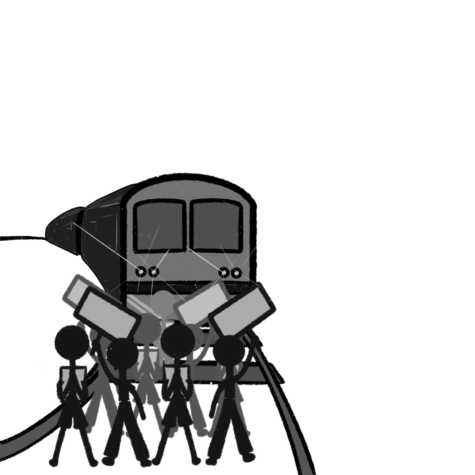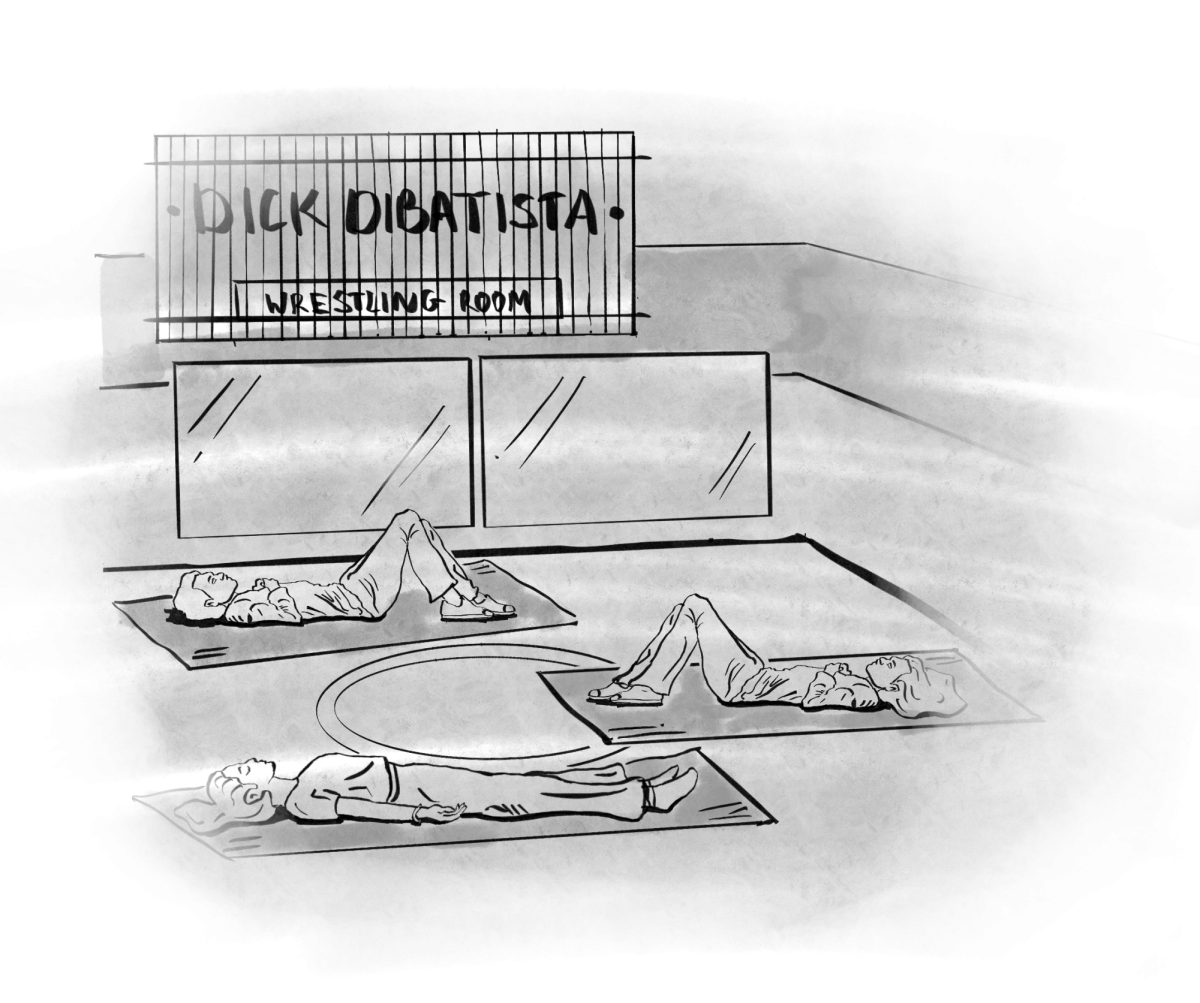
In September, the United States came extremely close to its first rail strike in thirty years, which was prevented only by negotiations between the Presidential Emergency Board appointed by President Biden, the railroad corporations, and the rail unions. The tentative agreement they created was enough to push back a strike deadline that was less than 24 hours away, and since then, the workers have been deliberating on a deal that the government, railroads, and unions hope will prevent a strike altogether. However, things are not going according to plan, and as of this writing (November 20), three of the twelve rail unions have rejected the deal. If any one of them goes on strike, the entire freight rail network will join in solidarity, grinding at least 30% of all cargo transport in the country to a halt, worsening supply chain issues, and costing the national economy two billion dollars a day. Because of these apocalyptic forecasts, the government and railroads are working to stifle industrial action. However, it is extremely important that the railroaders be allowed to strike.
These strike threats come with a worldwide wave of industrial action. In Sri Lanka, France, the United Kingdom, and numerous other nations around the world, workers are fighting both for their right to strike and against living conditions that are growing intolerable. The United States is no different, though the Biden Administration would like to act as if all is well. Economists are predicting a recession, and consumer costs are going through the roof. The situation for rail workers is particularly dire, as they do not get paid sick days and must be on call 24/7. Over the summer, railroad workers in many of the unions voted overwhelmingly (sometimes by as much as 99%) to authorize strike action. However, the President used the anti-worker Railway Labor Act to enforce a “cooling-off period” before possible strike action. In other words, counterintuitively buying time for the railroads to conspire a way to head off a strike. Then, less than 24 hours before the strike was set to begin, the unions caved in and agreed to the tentative agreement, pushing back any strike deadlines far into the future against the will of the workers. The government and the railroads breathed a sigh of relief, as their profit margins were safe for the time being.
However, general outrage was the worker’s response, as they felt they had been sold out by the union apparatus which has been co-opted and infiltrated by the government and the rail companies. The deal offered pay increases but hardly any paid sick days and made little change to the hellish over-scheduling workers face. Regardless, President Biden continues to fashion himself as the “most pro-union president in American history,” celebrating the deal as a big win. For the railroad companies, who have seen billions in profits over the pandemic by laying off workers and forcing the rest to work insane hours, it is certainly a big win. For workers, who are having their democratic right to strike threatened, it is anything but.
Both the railroads and the federal government are again sweating as the possible early December strike date approaches. All it takes is one union to shut the whole system down, and subsequently the unions and their railroad puppet-masters are afraid that they will not be able to stop the strike, demanding Congressional intervention. The Labor Secretary Marty Walsh of the “most pro-union administration,” said that he expects Congress to break the strike if it happens, like in 1992, when Congress intervened to break a strike. The workers must resist such anti-democratic action, and we must stand in solidarity with them. We cannot allow the government to take away rights so easily.




